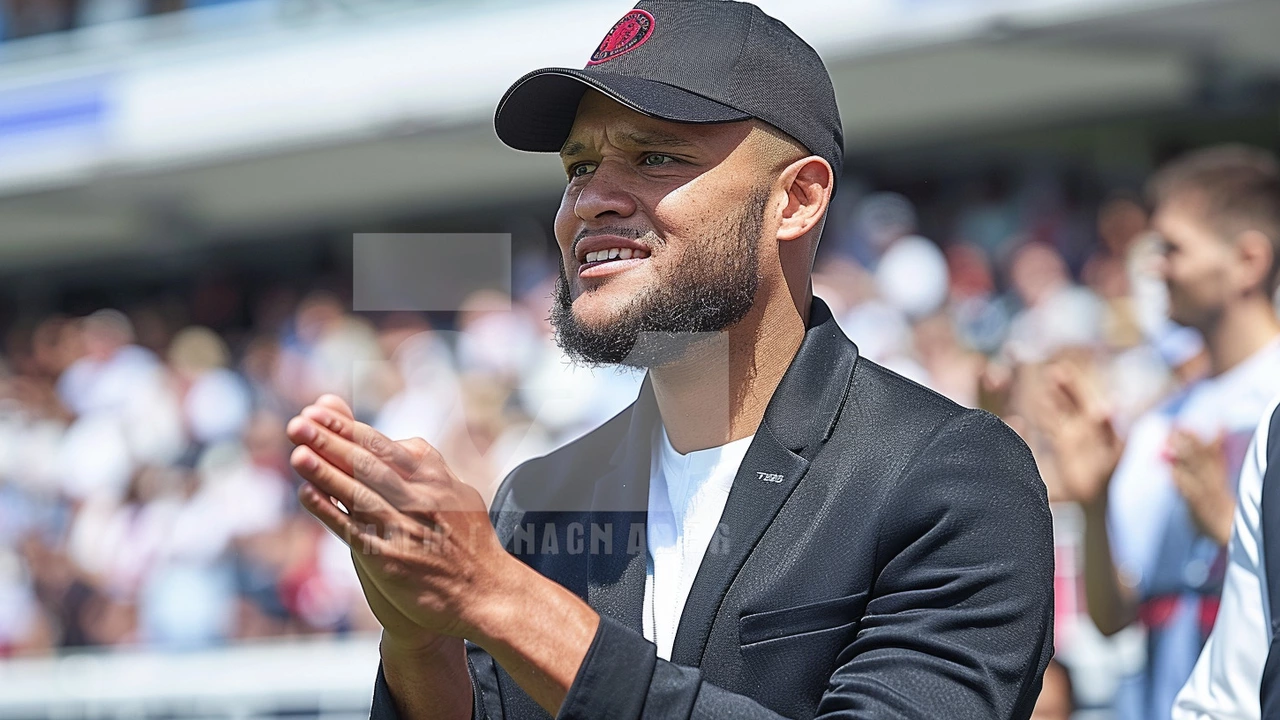Bayern Munich: What Makes This Club a Soccer Giant?
If you’ve ever tuned in to a Bundesliga match, you’ve probably seen Bayern Munich dominate the screen. But what’s behind that relentless winning streak? Let’s break down the club’s story, recent form, and why fans keep coming back.
Founded in 1900, Bayern started as a small Munich team and grew into a global brand. Their early years were modest, but the post‑World War II boom gave them a chance to attract top talent. By the 1970s, the legendary "München" trio of Franz Beckenbauer, Gerd Müller and Sepp Maier turned Bayern into a European force, winning three consecutive European Cups.
Recent Success and Playing Style
Fast forward to the 2020s, and Bayern still sets the standard in the Bundesliga. Under coaches like Julian Nagelsmann and Thomas Tuchel, the team mixes high‑pressing defense with swift, attacking moves. The current squad blends seasoned stars—Manuel Neuer, Thomas Müller—with rising talents such as Jamal Musiala and Leroy Sane. This mix gives them a balance of experience and speed.
One practical tip for aspiring players: study how Bayern overloads the flanks. Their wingers cut inside, creating space for full‑backs to join the attack. Replicating this in training can improve your own team's offensive flow.
Why Fans Can't Get Enough
Fans love Bayern for three reasons. First, the club’s trophy cabinet is massive—over 30 league titles, multiple Champions Leagues, and a steady stream of domestic cups. Second, the atmosphere at the Allianz Arena is electric. The stadium’s “Wall of Sound” tradition, where supporters chant in unison, makes every match feel like a celebration.
Third, Bayern invests heavily in youth. Their academy produces players who often break into the first team, giving local talent a clear path to the top. If you’re a young player, watching Bayern’s academy videos can show you real‑world drills and mindset needed for professional soccer.
Curious about the latest news? Bayern’s recent transfer window saw the arrival of a powerful striker from the Premier League, boosting their goal‑scoring options. Meanwhile, the club’s new sports science department uses data to fine‑tune player fitness, reducing injury downtime.
So, whether you’re a die‑hard fan, a casual viewer, or a player looking for inspiration, Bayern Munich offers plenty to learn from. Their blend of history, modern tactics, and fan culture makes them a compelling case study for anyone who loves the beautiful game.
